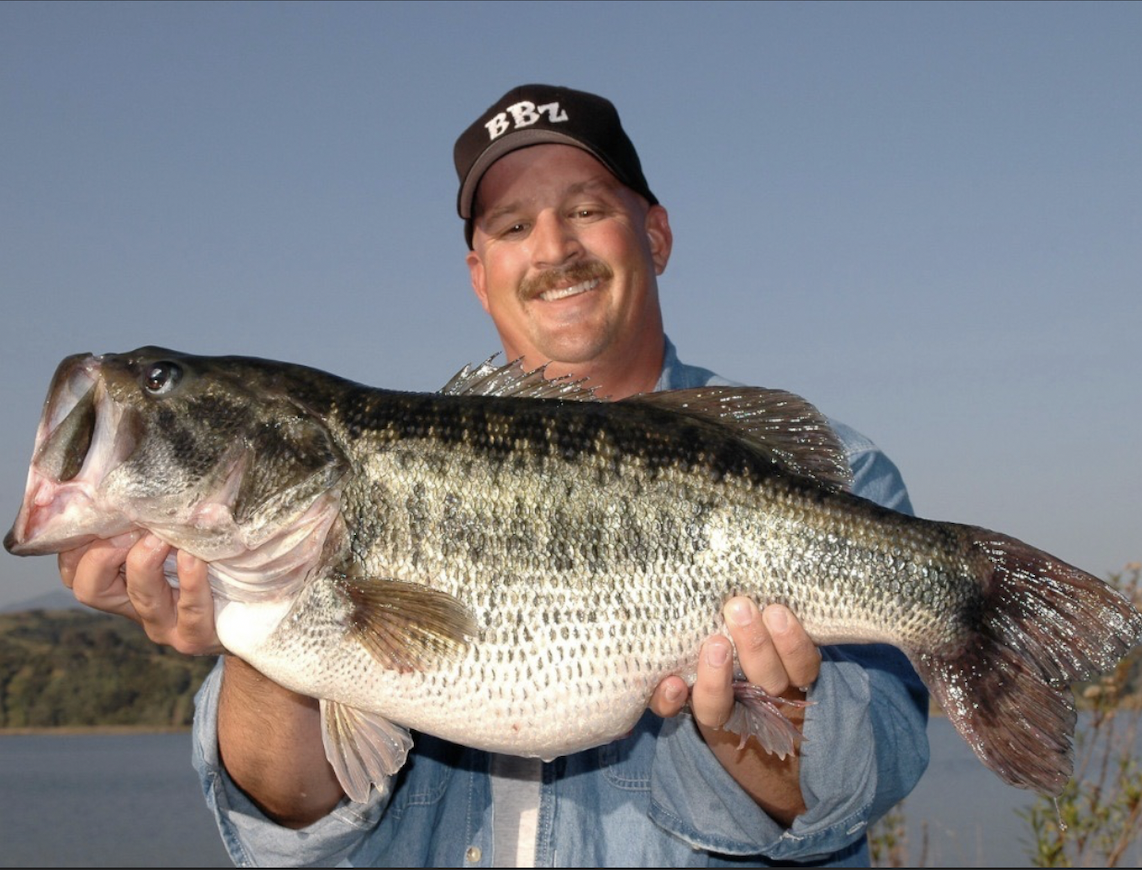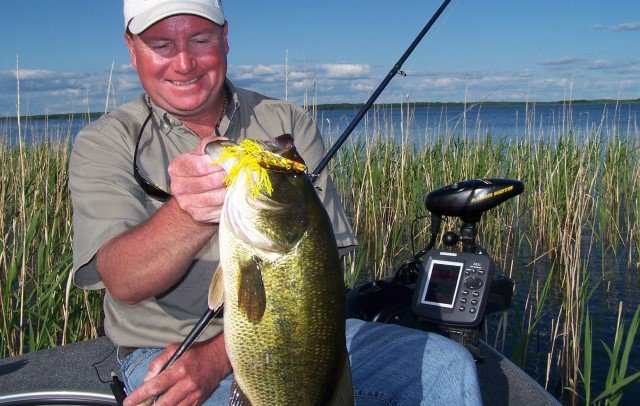WHEN DO FISH BITE THE BEST?
– By Bob Jensen of fishingthemidwest.com.
Part of the fun of fishing are the ideas that are facts to some anglers and not facts to other anglers. For instance, it’s believed by many anglers that lure-makers make baits to catch fishermen, not fish. While it’s true that a bait must be purchased by an angler before it can catch a fish, baits that don’t catch fish regularly are not going to be purchased very often and therefore won’t stay in a lure-makers lineup for very long. Lure manufactures make baits to catch fish.
Another idea that many anglers disagree on in a friendly manner is the concept of solunar periods and their impact on fish. Often times outdoor publications include solunar tables, and many readers pay attention to those tables. I was having a phone conversation with lure designer and outstanding angler John Crane recently. I don’t remember what we were talking about, but J.C. abruptly told me that he “was going fishing that afternoon and he had to get going because a major was coming up.” I knew what he meant and made a mental note to ask him about his beliefs in solunar periods and their impact on fishing.
For a long time, I’ve been aware that some things in nature happen at certain times. The backyard can be devoid of squirrels all morning and much of the afternoon, but suddenly they’re everywhere. If you look at the solunar tables, there is a major or minor period occurring.
I then remember a day on Leech Lake in the early 80’s. It was on this day that I became a believer that fish truly did get more active during a major solunar period. My musky fishing expert friend Don Pursch invited me to join him for a day of chasing muskies. We were younger then and a day of musky fishing often meant from soon after sunrise until sundown. On this day, action was slow. We saw a few fish follow our baits, but there were no biters. Then, late in the afternoon, we made one more stop at an area we had tried earlier. The area was alive with muskies, and they were biters. The activity continued for a couple of hours, then slowed, then stopped. I had never seen such a flurry. Later in the day we accidentally came across an outdoor magazine that included solunar tables. We curiously looked them over and discovered that the flurry of musky activity took place during a major period. We thought it was a coincidence, but after seeing the same thing repeat itself many times over the years, I and many of my friends believe that solunar periods influence the fish.
Now, back to J.C. and his thoughts on solunar periods. J.C. is the kind of guy that will go fishing whenever the opportunity presents itself, but if he’s limited to when he can go fishing, and if he can do some planning, he’ll make sure that he’s on his best spot when a major solunar period is occurring. A major is when the moon is directly overhead or directly underneath on the other side of the world. If he’s ice fishing, he wants to have the holes drilled and lures baited up when the major hits.
There are two major and two minor periods daily, and when the moon is full or new, these periods are the strongest. They’re usually about two hours long. Sunrise and sunset are also favorite times for John to be on the water, and if sunrise and sunset coincide with a major, he expects to get bit.
Through the years, I’ve had conversations with a sizable number of anglers as well as people who study outdoor things. Most believe that solunar periods influence fish and wildlife. However, the anglers believe very adamantly that the best time to go fishing is whenever you get the opportunity. If that opportunity coincides with a major or minor solunar period, wonderful. But they also agree that if you get the chance to go fishing and conditions aren’t perfect, you should still go fishing. I think that most of us will agree that that’s good advice.
– By Bob Jensen of fishingthemidwest.com.

